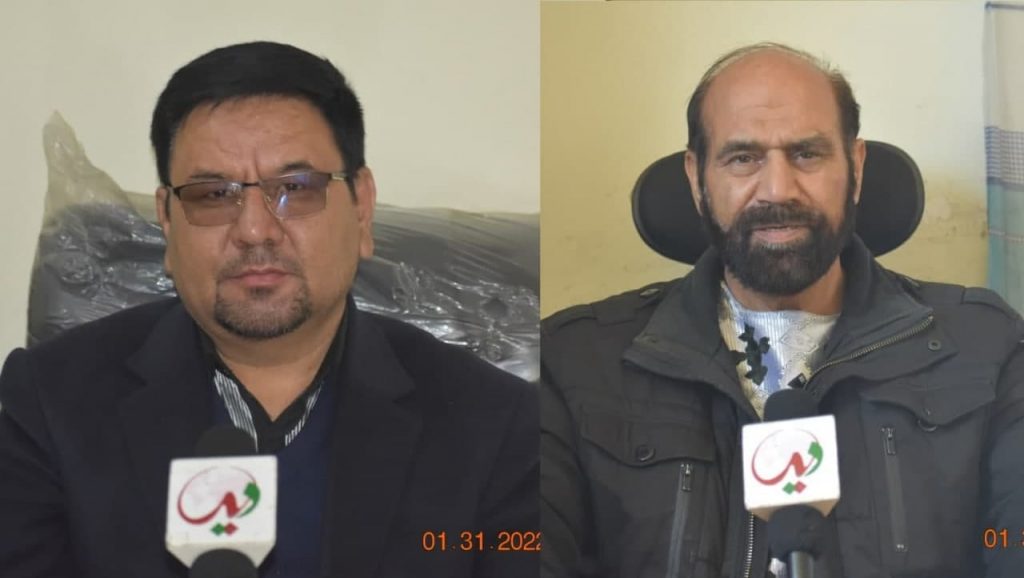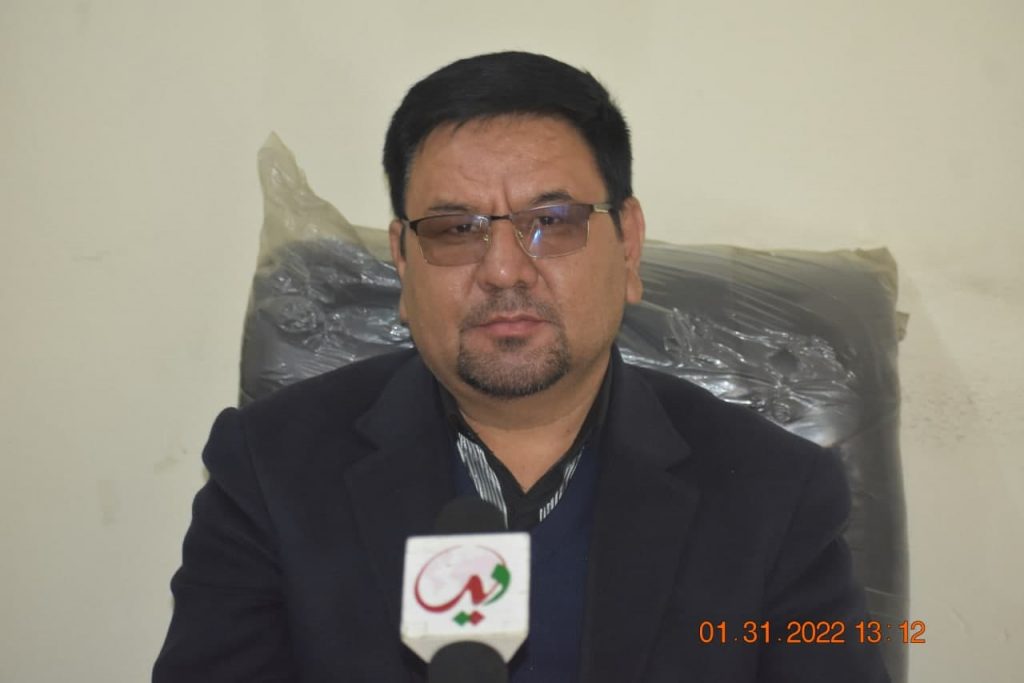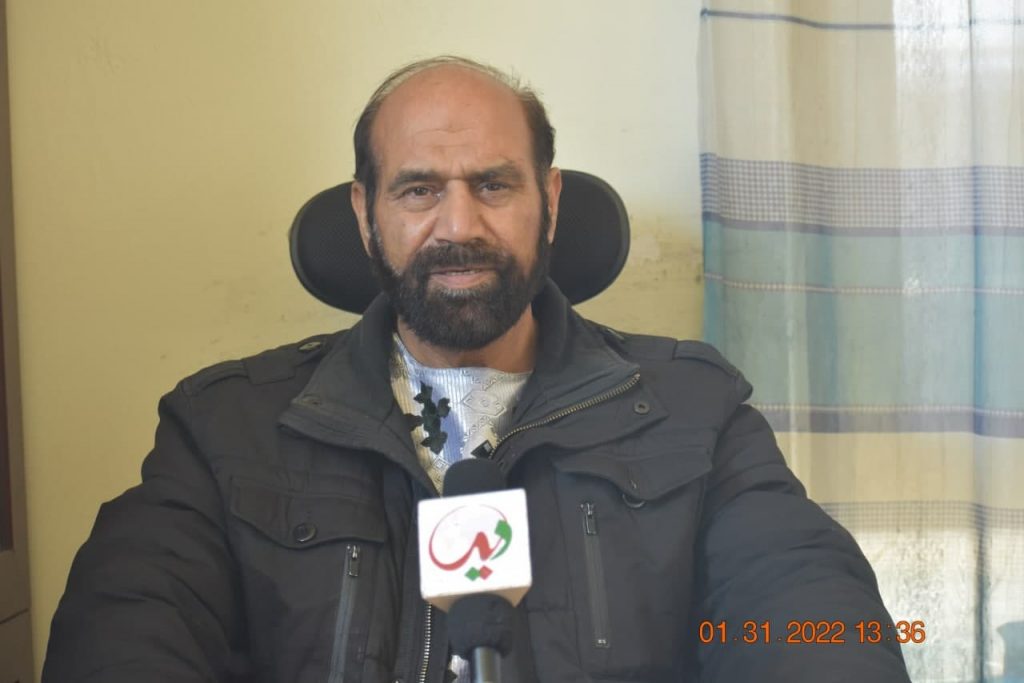Pakistan Seeks to Strengthen ISIS in Afghanistan: Experts
By Rasoul Shahzad – Did Press Agency
Translated by Sayed Taher Mojab
Afghan Experts say the Islamic Emirate of Afghanistan has somehow realized Pakistan’s treacherous strategy towards Afghanistan, including the ISIS project in Pakistan.

Following Pakistan’s national security adviser (NSA) Moeed Yusuf’s visit to Afghanistan, political analysts say his visit was aimed at resolving problems along the Durand Line and fencing off the border. These experts believe that Pakistan is trying to strengthen ISIS in Afghanistan.
On January 29, Pakistani NSA Yusuf called on Afghan Acting Deputy Prime Minister Abdul Salam Hanafi to discuss “strengthening Pakistan- Afghanistan brotherly relations to promote trade, transit, connectivity” between the two nations. “Peace and stability will not be possible without deep economic ties,” Moeed Yusuf told Salam Hanafi.
In a separate meeting with the Islamic Emirate Acting Foreign Minister Amir Khan Muttaqi, Pakistan’s NSA said that Islamabad will cooperate with Kabul to strengthen trade and economic relations.

However, many Afghan political analysts say that the visit of Pakistan’s NSA was more of strategic importance.
Yahya Taheri, a university professor, told Didpress Agency that “Pakistan has always been involved in managing the crises in Afghanistan and its government has reaped the greatest economic benefits of the Afghan wars.
“Pakistan believed that bringing the Taliban to power in Afghanistan would maximize its interests. but Tehreek-e-Taliban Pakistan (TTP) has stepped up its attacks on the Pakistani government, being encouraged by the Taliban victory in Afghanistan,” Taheri added.
According to him, Pakistan is concerned about the rise of the TTP and is therefore trying to contain them by interacting with the Afghan Taliban.
Before his Kabul visit, Moeed Yusuf told the Pakistani parliament that Afghan soil was still being used against Pakistan, adding that organized terrorist networks were operating in the neighboring country.
Mr. Taheri, however, emphasized that the Pakistanis had made a mistake in their calculations. According to him, Pakistan believed that with the re-emergence of the Taliban in Afghanistan, Islamabad could suppress the TTP incursion through Kabul.
The university professor noted that radical groups trained by Pakistan over the past three decades have now become a potential threat to Islamabad.

Mohammad Akram Azimi, a political expert, meanwhile, told Didpress Agency that Pakistan’s NSA visit aimed to resolve fencing issues along the Durand Line which could have negative consequences for the Islamic Emirate.
“The Islamic Emirate has somehow realized Pakistan’s treacherous strategy towards Afghanistan, including the ISIS project in Pakistan,” said Azimi, believing that the ISIS project in Pakistan is an endeavor to control the Taliban in Afghanistan.
Azimi says that after the Islamic Emirate forces arrested several Pakistani ISIS members in Paktia province, the head of the intelligence department of the Islamic Emirate in Nangarhar province said that they enjoy a war with Pakistan rather than a war with the Jews.
This comes as Deputy Prime Minister Abdul Salam Hanafi assured Moeed Yusuf Afghanistan’s soil would not be used against its neighbors, including Pakistan. He added that the Taliban also want similar action from peripheral countries.
P.H.D Azimi, meanwhile, stresses that Pakistan seeks more pressure on the Taliban to control extremist groups on its soil.
“Pakistan is currently caught in a trap it set for Afghanistan. (Pakistan) financed and trained terrorist groups. Since the Taliban took power in Kabul, these groups launched anti-Pakistan movements,” he added.
Pakistan’s NSA came to Kabul and returned to his country after apparently bargaining over some trade issues and bilateral relations; something few National Security Advisers usually do.